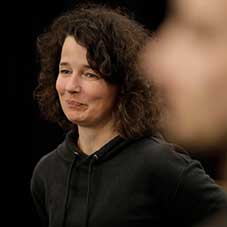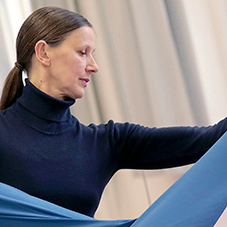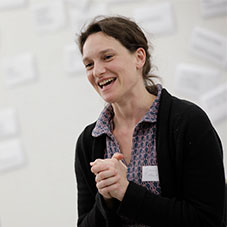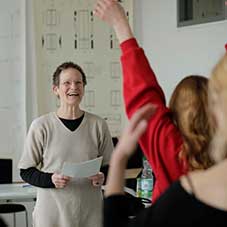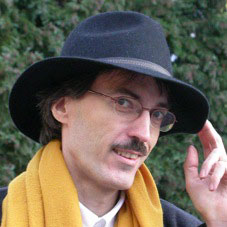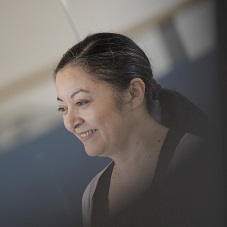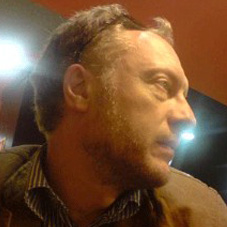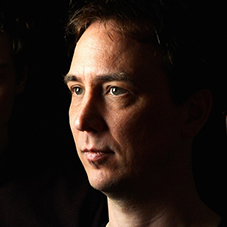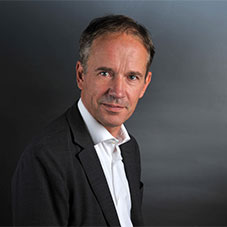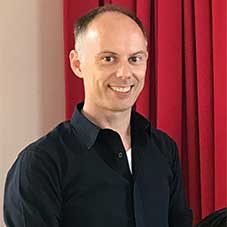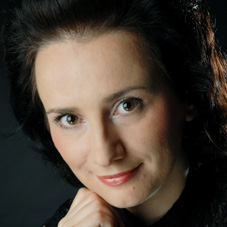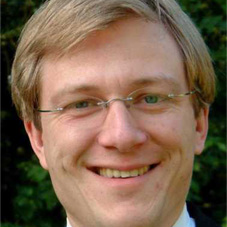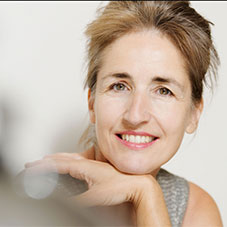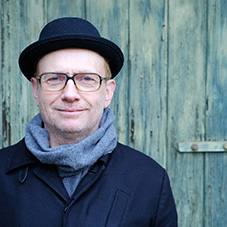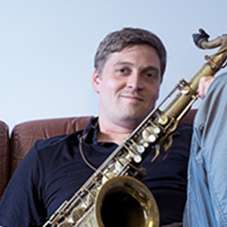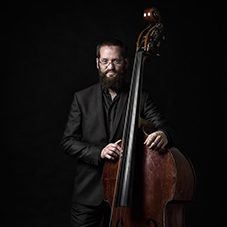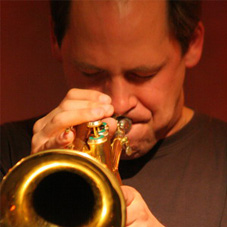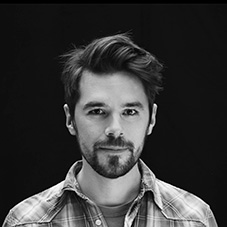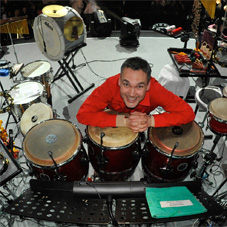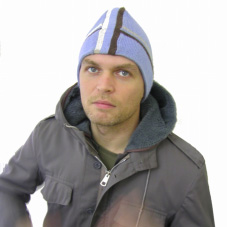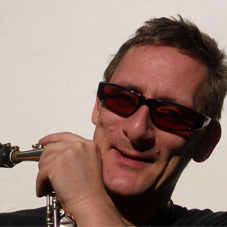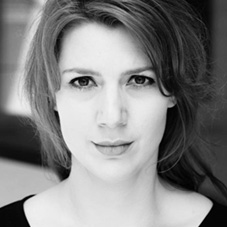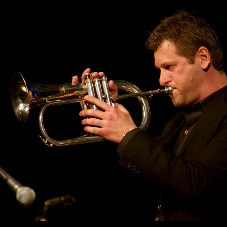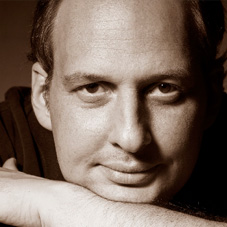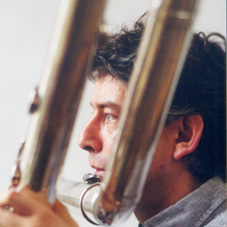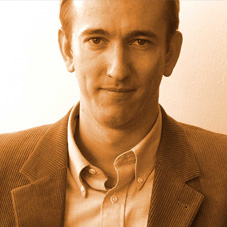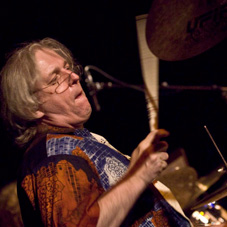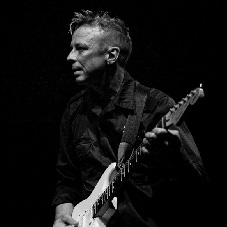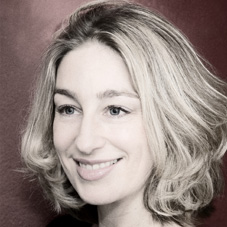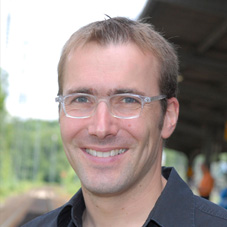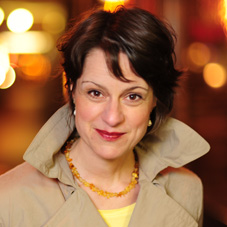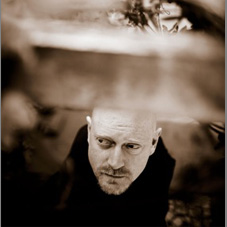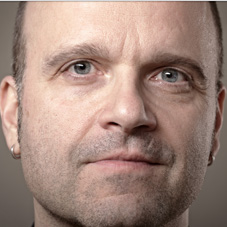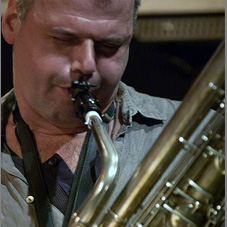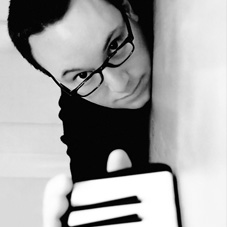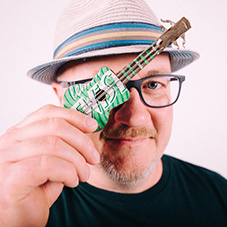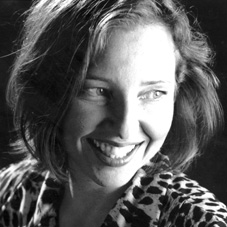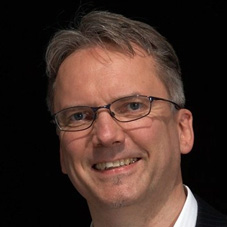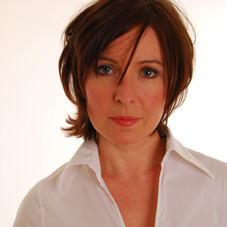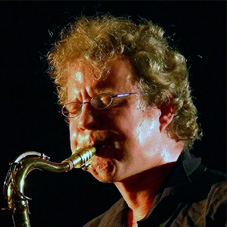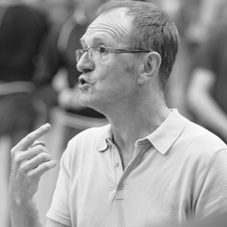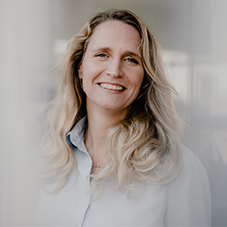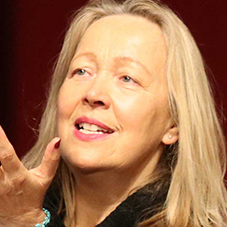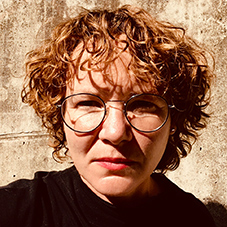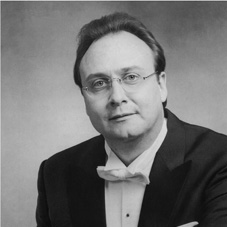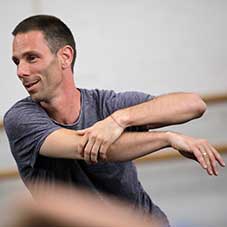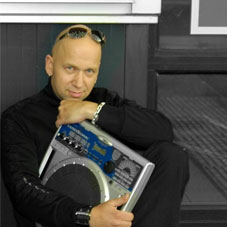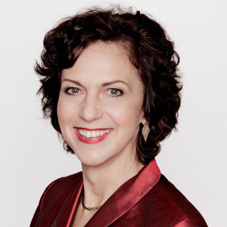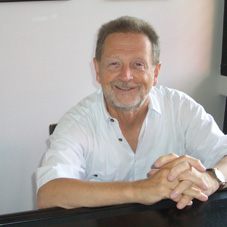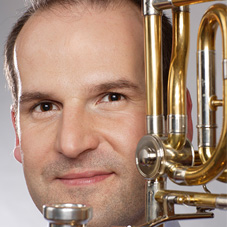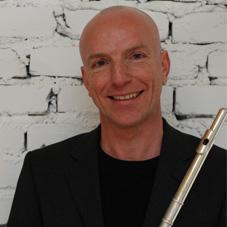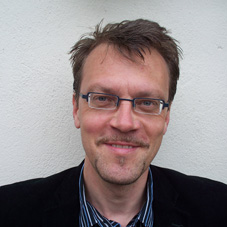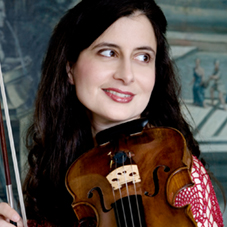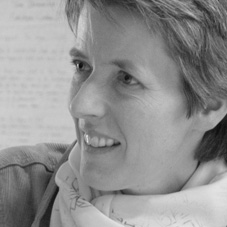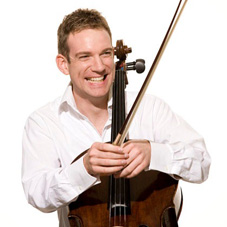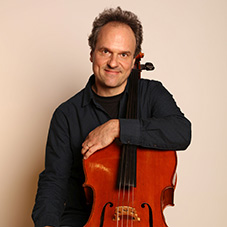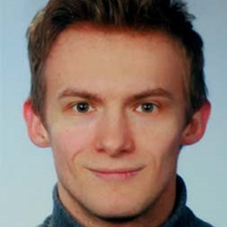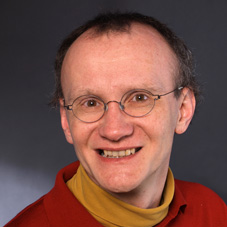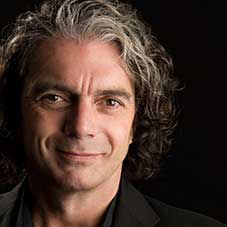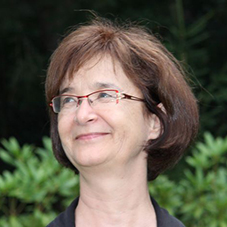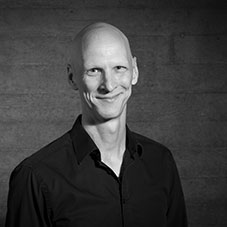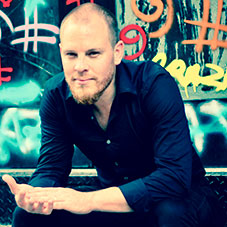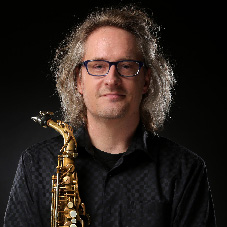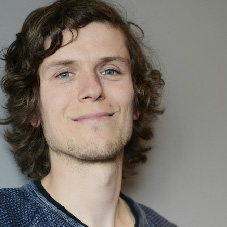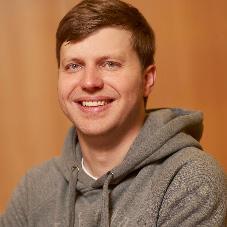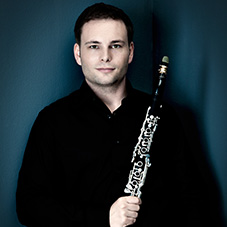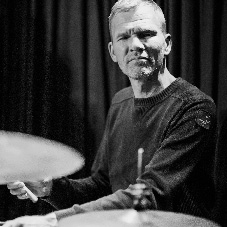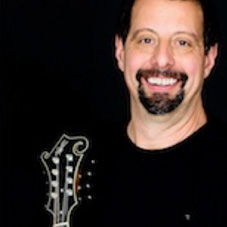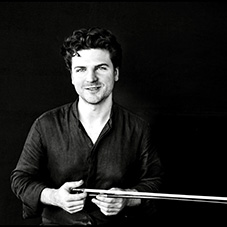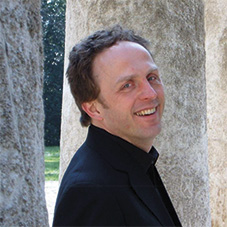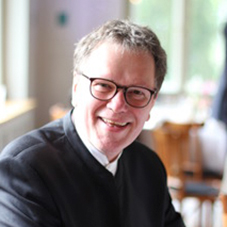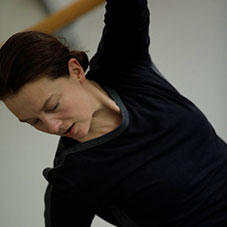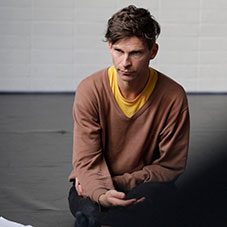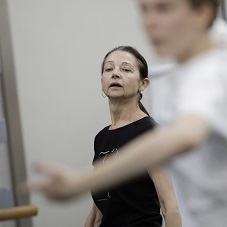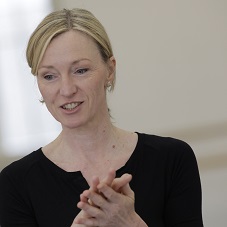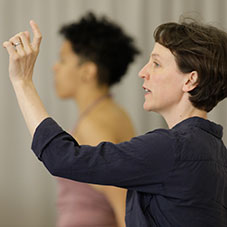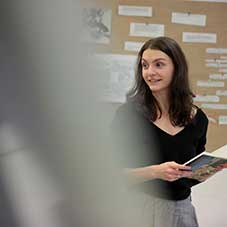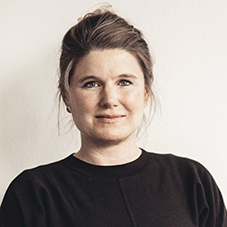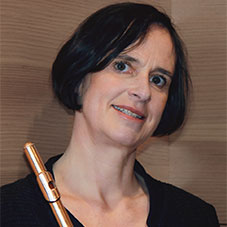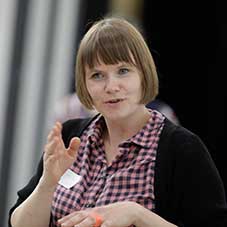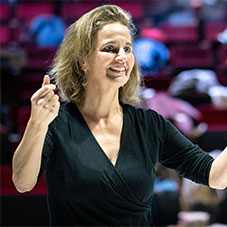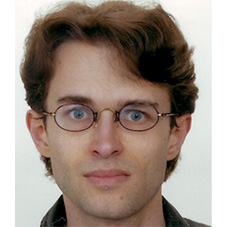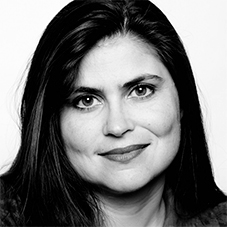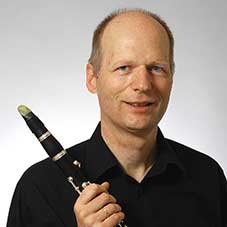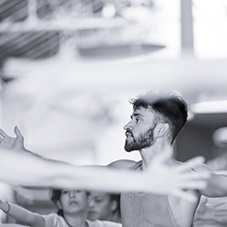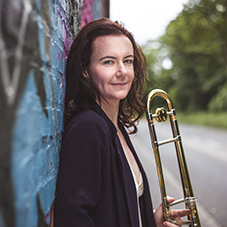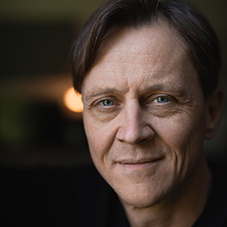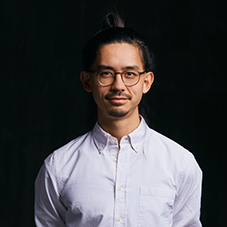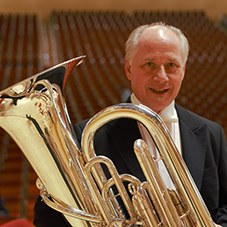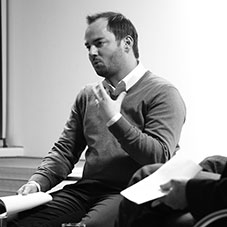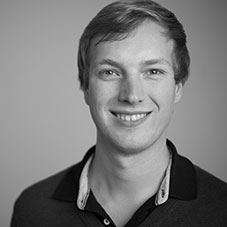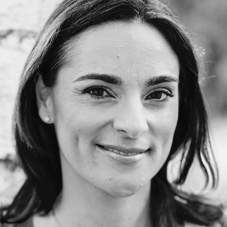###PRINT_PATH###

Bachelor of Music - Historical Instruments
We offer excellent training programs for historical instruments through our bachelor’s program in the main subjects recorder, hapsichord, lute and viola da gamba. In addition to individual instrument and soloist skills, we place great emphasis on playing together, which is why chamber music and ensemble courses as well as professional stage experience are so strongly integrated into the Early Music program.
In addition, it is important to teach and promote extensive knowledge of harmony and music theory. The varied structure of the program ensures that students receive the foundation they need to best meet the demands of their careers.
Each department has an international team of professors and instructors who have made themselves known throughout the world. These skilled and experienced educators ensure that students have the necessary skills to succeed in their future careers.
The Hochschule für Musik Köln’s virtually exhaustive range of courses on early music ensures that the future professional musicians are ideally prepared for their careers. Regular events and projects guarantee that students have practical exposure to today’s concert scene. Their performances have increasingly become an integral part of the cultural landscape in North Rhine-Westphalia, which is highly valued by the public.
General Information
- Academic degree: Bachelor of Music (B.Mus.)
- Duration of degree program: 8 semesters (4 years)
- Start of program: Winter semester
- Degree requirements: 240 ECTS credits
- Major: recorder, harpsichord, lute, viola da gamba
- Graduate program: Master of Arts Music Historical Instruments and Baroque Vocal Music
The application takes place online via the muvac platform. You can find all the information about the procedure on our Application page.
Admission Requirements
- A general certificate of secondary education or other comparable higher education entrance qualification.
- For non-German-speaking applications, proof of a language certificate at DaF level 3 is also required.
- Successful completion of the entrance examination.
Entrance examination
The entrance examination consists of the following two parts:
- Practical performance test in the candidate’s main subject. The programme should include three works, covering a range of styles, taken from the 17th and 18th centuries (duration approx. 15 minutes);
- Music theory (approx. 90 minutes)
Detailed information can be found in the Entrance Examination Regulations, particularly in section 5: Content Requirements and Examination Format (§5 Inhaltliche Anforderungen und Durchführung der Prüfung).
For practical courses, we recommend that candidates contact their chosen subject tutor in good time. They will be happy to advise candidates individually.
Downloads
The degree program is divided into a basic program (first and second year) comprising a large number of obligatory modules and an advanced program (third and fourth year) which consists of different courses for different specializations.
The degree map comprises 7 main modules
- Core module
- Artistic practical context
- Education
- Music appreciation
- Career development
- Bachelor/interdisciplinary capstone Project
- Specialization module, solo Instrument or instrumetal pedagogy
Downloads
Recorder
Der Bachelor Studiengang "Historische Instrumente" mit dem Hauptfach Blockflöte zeichnet sich aus durch eine optimale Symbiose zwischen künstlerischer und pädagogischer Kompetenz.
One of the main focus points for this programme is the stylistic interpretation of harpsichord music. Using the core baroque repertoire from approx. 1550 to 1770 as a foundation, students work towards achieving an expressive sense of voice on the harpsichord. The instrument-specific demands of the harpsichord, both in terms of technique and sound production, play a significant role here and students benefit from lessons on a range of historical keyboard instruments.
Students will discover, among other things, the different characters associated with the various national styles of harpsichord playing, as well as the diverse range of approaches to Baroque ornamentation, and will explore for themselves questions surrounding the role of rhetorical character in the repertoire. Engagement with pertinent sources from the 17th and 18th centuries is designed to encourage and inspire the students during their studies. Of course, the programme also takes into account the exciting and ever-expanding harpsichord repertoire of the 20th and 21st centuries.
The programme also focuses in particular on the stylish realisation of basso continuo parts. Here, too, the study of historical sources and consolidated analysis of surviving examples of realised continuo parts provides invaluable guidance in defining an approach to continuo playing that is as historically accurate as it is musically convincing.
Thanks to many years as an active harpsichordist on the international concert circuit, Prof. Borgstede possesses a wealth of experience that offers an invaluable contribution to the harpsichord programme and provides students with a comprehensive view of the Baroque era and approaches to historical performance practice.Lute
Prof. David Bergmüller instructs both the bachelor’s and master’s programs for lute.
During the eight-semester bachelor’s program, students work with the full range of lute music from the 16th to the 18th centuries.
The Renaissance and Baroque lute are the focus for soloists in the program. A comprehensive overview of all solo music for the lute is taught by examining pieces by the most influential individuals from different national styles of the 16th - 18th centuries. Instrument-specific interpretation principles are given the same importance in classes as interdisciplinary aspects of historically informed performance techniques. The secondary focus is playing basso continuo on the different instruments of the lute family using historical lute accompaniments for everything from solo pieces to Baroque operas.
Konrad Junghänel’s longstanding experience as a lutenist as well as his successful career as an ensemble director and opera conductor gives students extensive first-hand insight and information which can be very helpful when students start their careers.
Viola da Gamba
The bachelor’s program focuses on a broad repertoire that covers all styles and musical eras.
The program focuses on the early the Italian Baroque period and English, French, and German styles of passion arias and cantatas.
Continuo work is another emphasis of the program. An additional focus is knowledge and mastery of various historical tunings, which are absolutely vital for the viola da gamba as a harmonic instrument.
Studying the viola da gamba may also suit historically-minded cellists who wish to expand their horizons and to be inspired by different sounds. National styles and rhetoric play a central part in the program.
Leitung Institut für Alte Musik
Prof. Gerald Hambitzer, Historische Tasteninstrumente (Fortepiano, Clavichord, Cembalo)
Fach: Cembalo, Kammermusik, Generalbasspraxis
Dozent: Prof. Michael Borgstede
Fach: Laute
Dozent: Prof. David Bergmüller
Fach: Blockflöte
Dozentin: Prof. Kerstin de Witt
Fach: Traversflöte
Dozent: Prof. Leonard Schelb
Fach: Barockoboe
Dozentin: Bettina Simon
Fach: Barockvioline, Barockviola
Dozent: Prof. Richard Gwilt
Fach: Barockvioloncello, Viola da Gamba
Dozent: Prof. Robert Smith
Fach: Naturhorn
Dozent: Ulrich Hübner
Fach: Barocktrompete
Dozent: Thibaud Robinne
Fach Barockgesang
Dozent: Prof. Kai Wessel
Fach: Verzierungslehre, Aufführungspraxis für Bläser
Dozent: Thomas Wormitt
Korrepetition Cembalo
Dozent: Leonard Klimpke
Korrepetition Fortepiano
Dozent: Takahiko Sakamaki
Standort Aachen
Dozent: Johannes Poth, Korrepetition Cembalo, Barocke Aufführungspraxis
Standort Wuppertal
Dozent: Alexander Puliaev, Korrepetition Cembalo und Fortepiano, Barocke Aufführungspraxis
Contact
- Prof. Gerald Hambitzer
Künstlerisches Hauptfach; Fortepiano Standort
Köln
